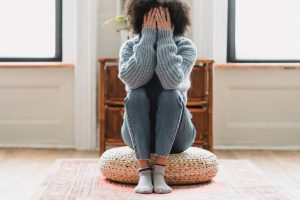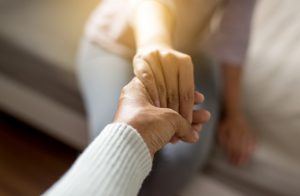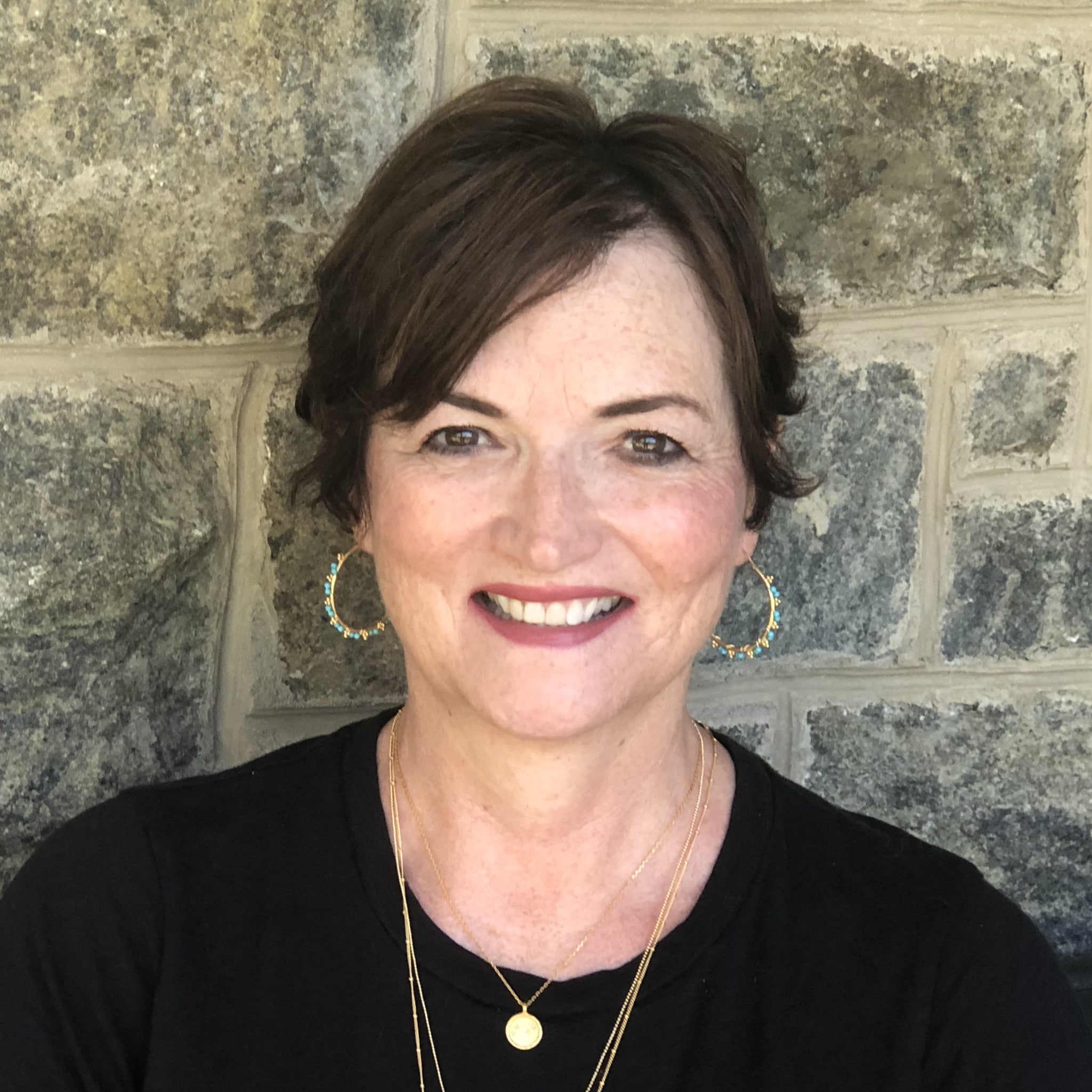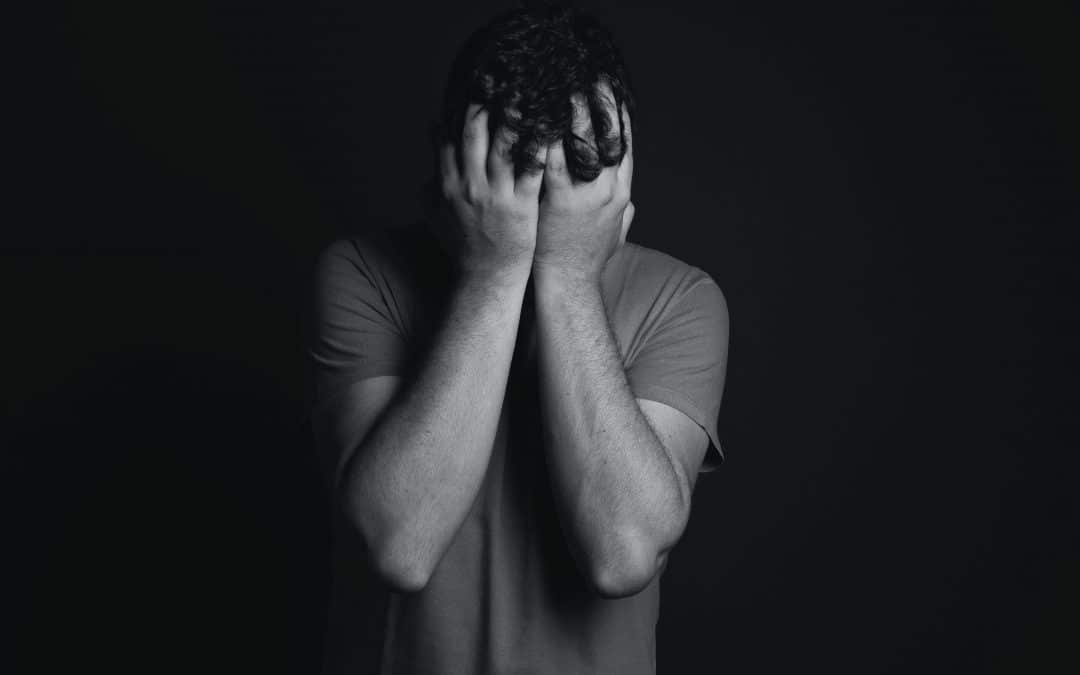
No matter how happy and content my life becomes, I will never forget the fear and loneliness of being kicked in the head, punched in the gut or dragged across a room by my hair.
I Am a Survivor of Domestic Violence
Women are generally perceived as the sole victims of domestic violence and men as the perpetrators. However, domestic violence encompasses all genders, races, ages, and sexual orientations. With society’s growing acceptance of the lesbian, gay, bisexual, and transgender (LGBT) community, and the increasing awareness of violence perpetrated by women, the traditional perception of domestic violence is slowly diminishing. 1
How Common is Violence Against Women in the United States?
– Nearly 5.3 million acts of intimate partner violence occur yearly among women ages 18 and older.
– One-third of female murder victims are killed by an intimate partner.
– One in every six women is the victim of attempted or completed rape.
– Annually, over 500,000 women are stalked by a current or former intimate partner.
I am a survivor of an abusive ten-year marriage. After a weekend of beatings and beratings that resulted in two chipped teeth, a broken nose, and a concussion, I finally found the courage to leave my abusive husband, obtain a restraining order and an eventual divorce.
That was thirty years ago, so why do I still have nightmares?
Research shows that I am not alone.
Although most women will absorb the trauma over time, many survivors will experience long-lasting problems.
The American Psychological Association indicates that women are twice as likely to develop PTSD, experience a longer duration of posttraumatic symptoms, and display more sensitivity to stimuli that remind them of the trauma.
Even though physical injuries can be detrimental to a woman, research has proven that emotional injury is more damaging to long-term health. Psychological disorders can make women prone to repeat victimization, which can further impact overall long-term health with more physical injuries, as well as sleeping and eating disorders, social dysfunction, and suicidal behavior. 2
According to a survey conducted by the Verizon Foundation in 2014:
- 48 percent of abused women will experience depression.
- 70 percent of abused women are more likely to have heart disease.
- 80 percent of abused women are more likely to experience a stroke.
Some women don’t even know they are being abused. That may sound crazy, but it’s true. Those of us brought up with childhood trauma cannot recognize it as different from what we experienced at home.
According to Psychology Today, “Identifying a pattern of abuse and making a choice can be incredibly difficult. A few of those barriers include financial stress, having nowhere else to go, the threat of violence, and a lack of support from law enforcement. Family and social expectations may also create pressure to stay, especially when children are involved.”
I was in my twenties and thought a bad temper was normal. My dad had one. It wasn’t until I really believed that he would kill me that I decided to flee. My children were the reason. Their love gave me the courage. It wasn’t until I entered a women’s shelter that I no longer felt shame. The women there understood what I was feeling. They gave me hope.

It doesn’t seem fair. I have been happily remarried for thirty years, and the lingering effects of the cruelty inflicted on me remain embedded in my cells.
NOW— THE DIFFERENCE IS
I AM THE ONE IN CHARGE!
Triggers pop up unexpectantly; nightmares come and go. I know these are only temporary.
Dealing with the memory triggers has been lifelong for me. Using the tools I have gathered over the years in my toolbox is vital for my mental health:
- Reading something uplifting
- Yoga
- Journaling
- Meditation
- Walking in nature
- Posting positive affirmations around my house
I promise you that you can go on to live a life filled with peace, safety, love, and respect from a partner.
I pray for strength and hope for anyone that is living with abuse. You matter! You deserve happiness and to live a life free from harm. Free to become yourself!
There is hope. There is help.
- ~ Resources: Domestic violence hotline

Susan Frances Morris is the author of The Sensitive One, a memoir dealing with childhood trauma, abuse, health, and healing. She holds a bachelor’s degree in nursing and was a practicing nurse from 1989 to 2011, primarily in Women’s Health. She was raised in Springfield, Massachusetts, the second oldest of seven siblings with two sets of twins. http://susanfrancesmorris.com




